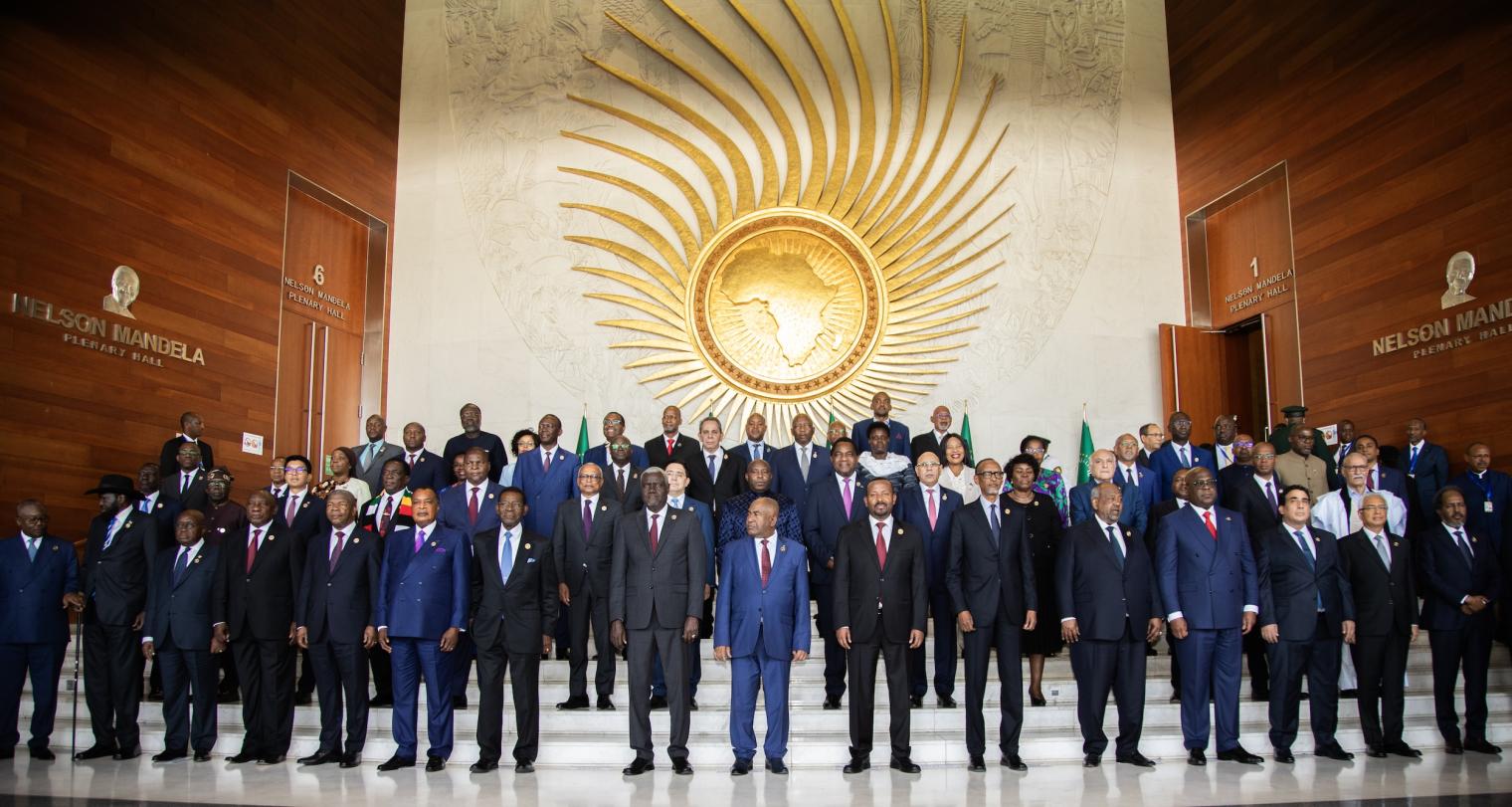“A Legacy of Leaders: What Africa Can Learn from the UK’s Honoring of Former Prime Ministers”
2 min read
In a rare gathering this past week, eight former British prime ministers stood together in an unprecedented display of continuity and tradition at a national ceremony. As they lined up in order of their service, the event underscored a commitment to national unity and respect for public service—a striking contrast to the political landscapes in many African nations, where former leaders are often sidelined, viewed with suspicion, or even face exile and prosecution.
For the UK, this ceremony was more than just a symbolic gesture. Each former prime minister was invited as a reminder of their part in shaping the country’s trajectory, regardless of political differences or individual achievements. It’s a model of national coherence, where the baton of leadership passes with a respect for shared history and a vision for the country’s future. This tradition of honouring former leaders fosters stability, allowing current leaders to draw on the insights and experiences of their predecessors, regardless of political divides.

By comparison, African politics often takes a different approach. Many African nations have seen political rifts that extend far beyond the term of a presidency. Former leaders in some countries face retaliation, lengthy legal battles, or even arrest. This lack of continuity hampers nations from fully benefiting from the experience of past leaders and makes each administration start afresh, rather than building on the work of those who came before. In some cases, this division even fuels cycles of unrest and political distrust, further complicating governance and policy continuity.
Yet, there is hope and change in certain African nations that are starting to embrace a new approach to leadership transitions. Countries like Ghana and Tanzania, where former presidents have continued to play constructive roles in national development, showcase a way forward. By fostering dialogue and encouraging former presidents to remain active contributors in social and political spaces, these countries are reaping the benefits of shared national wisdom and continuity.
Omega TV UK believes that the lesson is clear: embracing former leaders as part of a nation’s ongoing narrative—rather than as relics of a past regime—can inspire unity, maintain political stability, and support development. Celebrating past leaders does not erase accountability, but it allows countries to look beyond political differences toward a united national vision.
For many African nations, such a shift could mark a vital step toward lasting democracy and prosperity. With a commitment to honouring those who served before, even amid political diversity, Africa can strengthen its own foundations of unity and progress.
Story by:
Joe Baidoo Cobbina (CEO Omega TV UK)





